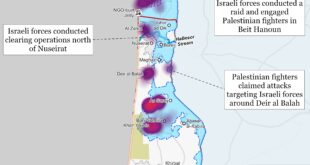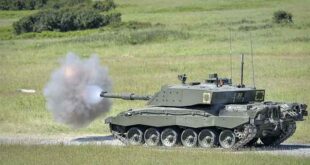Seven associations of families of missing persons formed a coalition to more efficiently address Serbian citizens who went missing during the conflicts in the former Yugoslavia.Members of the coalition urged the Serbian authorities to establish a unique electronic database of people who have Serbian citizenship and who went missing during the conflicts in Bosnia, Croatia, and Kosovo.Natasa Scepanovic, president of the Coordination of Serb Associations of Families of Missing Persons from the Territory of Former Yugoslavia- Serbia, Croatia, Republika Srpska and Montenegro, said that besides finding missing persons, they want the urgent exhumation of all known mass graves, faster war crime processing, and better witness protection.
According to the official data of the Serbian State Commission for Missing Persons, around 4,000 Serbian citizens are still missing, a number which is one third of the 13,000 overall missing persons in the region.
Veljko Odalovic, from the State Commission for Missing Persons, says that Serbia has state level cooperation regarding this issue with almost all the counties in the region.
The best cooperation they have is with Kosovo while the worst is with Bosnia.
“If there is one thing that it is functioning between Pristina and Belgrade, it is the sharing of evidence on missing persons. We have a list of both Albanians and Serbs ordered alphabetically,” says Odalovic.
The cooperation with Croatia has been significantly improved in the last two years, but there are still 360 known places that have not been exhumed.
According to Odalovic, the cooperation with Bosnia lags, and the international agreement on cooperation between the two countries has not been signed, adding that although Serbia had sent a proposal, so far, there has been no response from the Bosnian side.
Odalovic also said that the most serious problem that all the regional commissions for missing persons are facing is that because of the omissions in the initial investigations, around 5,000 found bodies were not identified.
He announced that Serbia will initiate a regional meeting on this issue.
Dragan Pjevac, one of the association board members, said that national courts play an important part in the reconciliation process.
“It is important to find all perpetrators, regardless of their ethnic background. But if Serbia sentences its own citizens for crimes committed for example in Vukovar [in Croatia], then the Croatian court should also show their commitment and, for example, punish war crime defendants for crimes in Medak Pocket, ” says Pjevac.
The representatives of the associations say they are ready to protest in front of governmental buildings to have their requests met
 Eurasia Press & News
Eurasia Press & News



